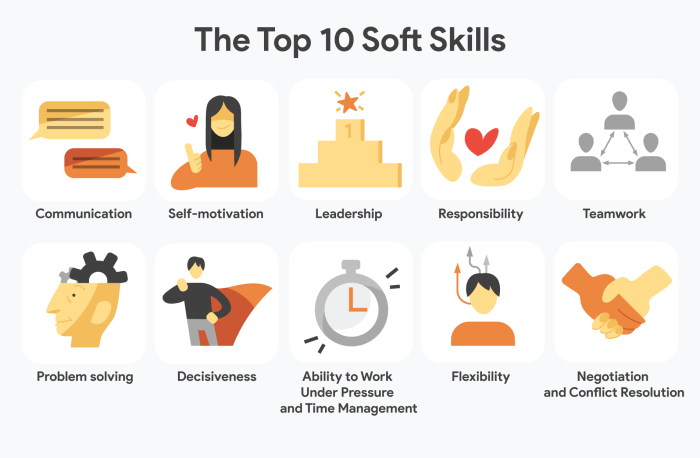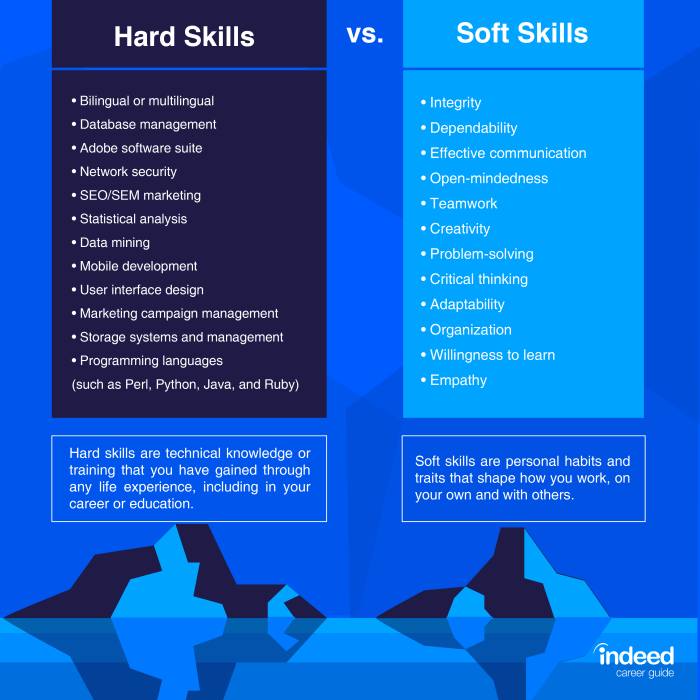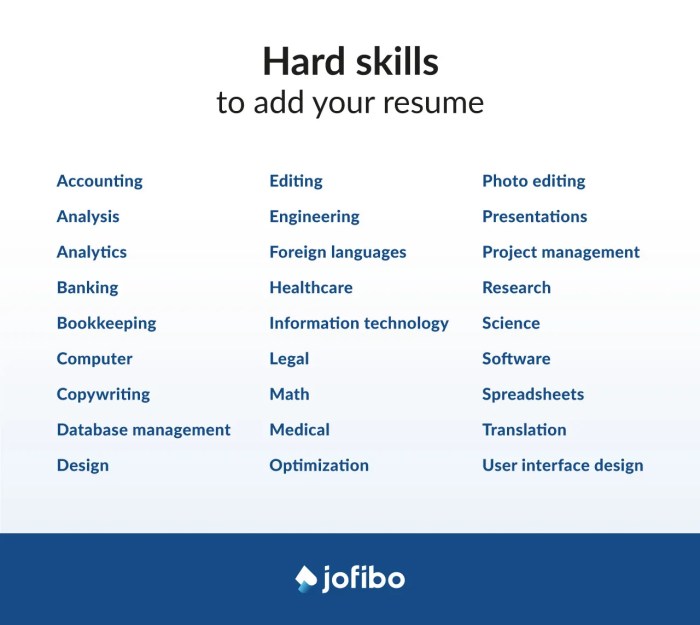Hard skills include communications interpersonal and perceptive abilities, which are essential for success in various professional settings. These abilities enable individuals to effectively convey their thoughts and ideas, build strong relationships, and make informed decisions based on their understanding of others’ perspectives.
Communication skills encompass verbal, nonverbal, and written communication, with active listening and empathy playing crucial roles in effective interactions. Interpersonal skills involve teamwork, collaboration, and conflict resolution, enhancing workplace relationships and productivity. Perceptive abilities empower individuals to comprehend nonverbal cues and understand others’ perspectives, fostering meaningful connections and informed decision-making.
Communication Skills: Hard Skills Include Communications Interpersonal And Perceptive Abilities

Communication skills are crucial for effective interpersonal interactions and successful professional outcomes. They encompass verbal, nonverbal, and written modes of communication.
Verbal Communication
Verbal communication involves the use of spoken language to convey information, ideas, and emotions. Effective verbal communication requires clear enunciation, appropriate volume, and a rate of speech that allows for comprehension.
Nonverbal Communication
Nonverbal communication includes gestures, facial expressions, eye contact, and body language. These cues provide insights into an individual’s emotions, intentions, and attitudes. Interpreting nonverbal signals accurately enhances understanding and facilitates effective communication.
Written Communication, Hard skills include communications interpersonal and perceptive abilities
Written communication involves conveying information through written text. Effective written communication requires clarity, conciseness, and organization. It includes various forms such as emails, reports, and presentations.
Interpersonal Skills

Interpersonal skills are the abilities that enable individuals to interact effectively with others. They include teamwork, collaboration, and conflict resolution.
Teamwork
Teamwork involves working cooperatively with others towards a common goal. It requires the ability to communicate effectively, respect diverse perspectives, and contribute to the team’s success.
Collaboration
Collaboration is a form of teamwork that emphasizes shared decision-making and problem-solving. It involves working together to achieve a mutually beneficial outcome.
Conflict Resolution
Conflict resolution skills enable individuals to manage and resolve disagreements constructively. They involve identifying the source of conflict, communicating openly, and finding solutions that meet the needs of all parties.
Perceptive Abilities

Perceptive abilities allow individuals to understand others’ perspectives and nonverbal cues. They include empathy, emotional intelligence, and active listening.
Empathy
Empathy is the ability to understand and share the feelings of others. It enables individuals to respond to others with compassion and understanding.
Emotional Intelligence
Emotional intelligence involves the ability to manage one’s own emotions and recognize and respond to the emotions of others. It enhances interpersonal interactions and facilitates effective communication.
Active Listening
Active listening involves paying full attention to what others are saying, both verbally and nonverbally. It requires asking clarifying questions, providing feedback, and demonstrating that you understand the speaker’s message.
Top FAQs
What are the key elements of interpersonal skills?
Teamwork, collaboration, and conflict resolution are key elements of interpersonal skills.
How can perceptive abilities benefit workplace relationships?
Perceptive abilities enable individuals to understand others’ perspectives and nonverbal cues, fostering empathy and stronger relationships.